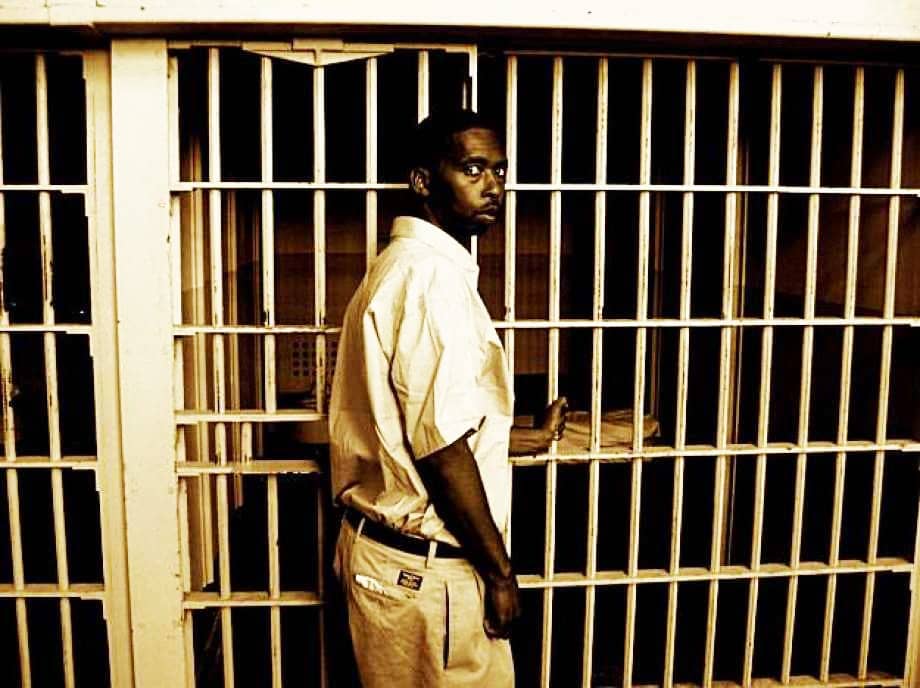
by Sarah Allen
In 2008, award winning filmmaker and community activist Kevin Epps wrote, directed and produced a documentary, “The Black Rock,” a film that tells the story of the African American history on Alcatraz. This month, Epps is releasing a companion book to that documentary called “Black Alcatraz,” which goes deeper into the experiences of the Black prisoner on the island while correlating those stories to today’s prison system.
Upon its release, I had the opportunity to speak to Epps in detail about his passion for this subject and the motivation behind expanding the story in his new book.
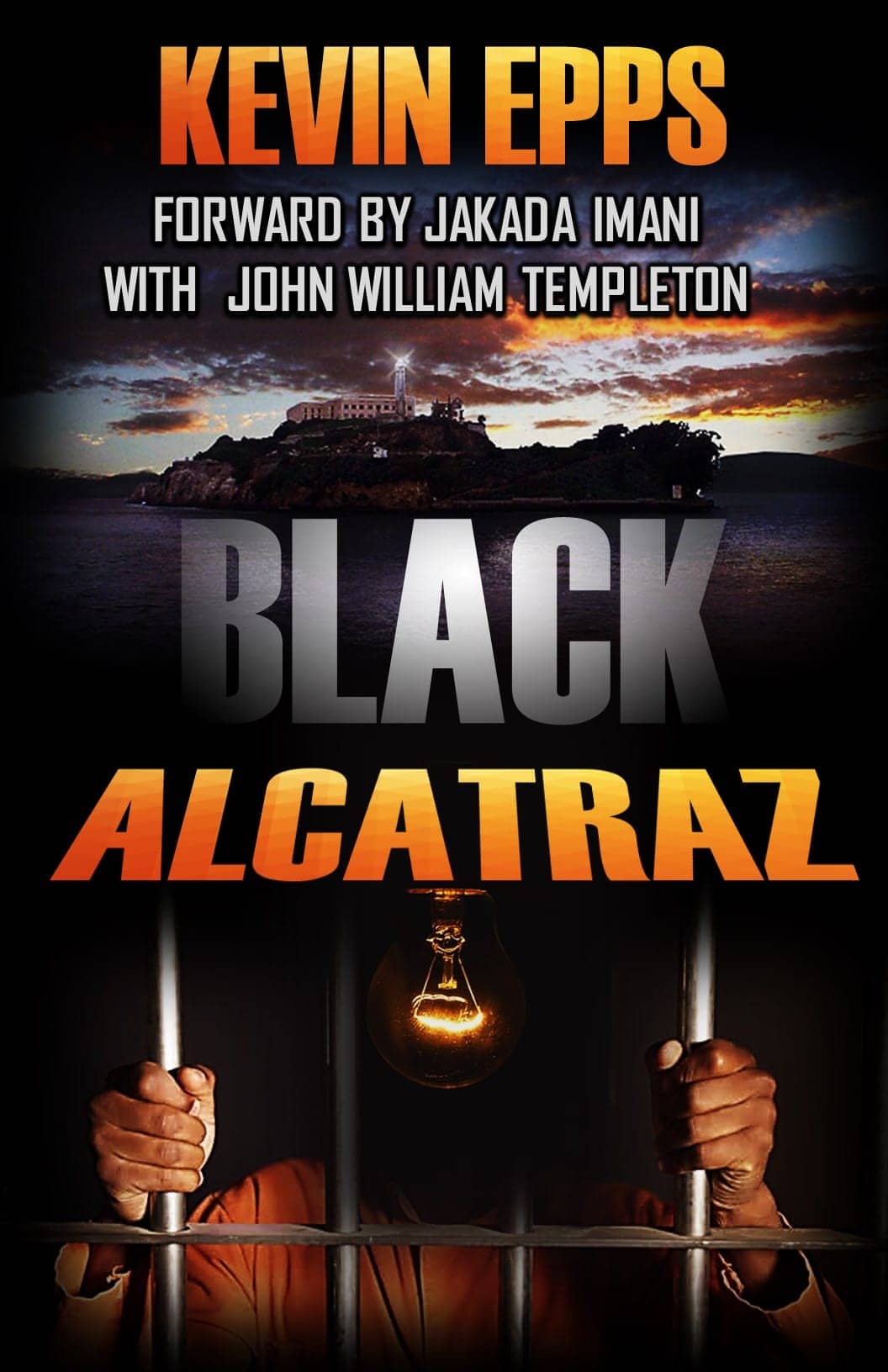
Sarah Allen: What inspired you to write this companion book to your film, “The Black Rock”?
Kevin Epps: The book inspired and allowed me to go deeper and share a rich, in depth personal story about the fight and struggles by Black prisoners to end racial discrimination and racial segregation from inside Alcatraz.
Black Alcatraz, the subject of the book, from the African American experience, has been widely considered the prototype and early standard for the supermax prison.
Sarah Allen: What can readers expect to learn from the book that they didn’t see in the film?
Kevin Epps: The book is a bonus with all the added outtakes. Readers can expect specific details and documented examples of how Blacks were deprived and denied civil rights and social justice on Alcatraz.

Sarah Allen: In the foreword of your book, you share some personal experiences about growing up in Hunters Point, in the superficial shadow of Alcatraz as a tourist attraction. This is so ironic as your community is and was actively fighting against the very real forces of mass incarceration, which Alcatraz helped to birth.
In your reflections and subsequent research for your book, you reveal that the actual shadow and legacy of “The Rock” is not something to be glorified but rather you see it as a major precursor to the present day prison industrial complex. Can you speak a bit about the role you believe Alcatraz played as a precursor to the prison-industrial complex, mass incarceration, supermax prisons and their effects on African American communities in particular?
Kevin Epps: Black Alcatraz, the subject of the book, from the African American experience, has been widely considered the prototype and early standard for the supermax prison. After the closure of Alcatraz, supermax prisons began to proliferate in the United States, and the expansion continued the policy of segregating inmates by race, disproportionately impacting African American communities, with the stereotyping of Blacks as criminal predators and incorrigibles, which fueled the mass incarceration.

Sarah Allen: What type of evidence did you use in your research of systemic racism or unfair treatment of Black prisoners at Alcatraz?
Kevin Epps: Primary letters, original documents, complaints and other artifacts that addresses the issues of systemic racism and unfair treatment at Alcatraz.
Sarah Allen: Why should readers care about what you have to say in your book?
Kevin Epps: Readers should care because it’s an enduring symbol of America’s racism, inhuman treatment, human suffering, brutality and mass incarceration.
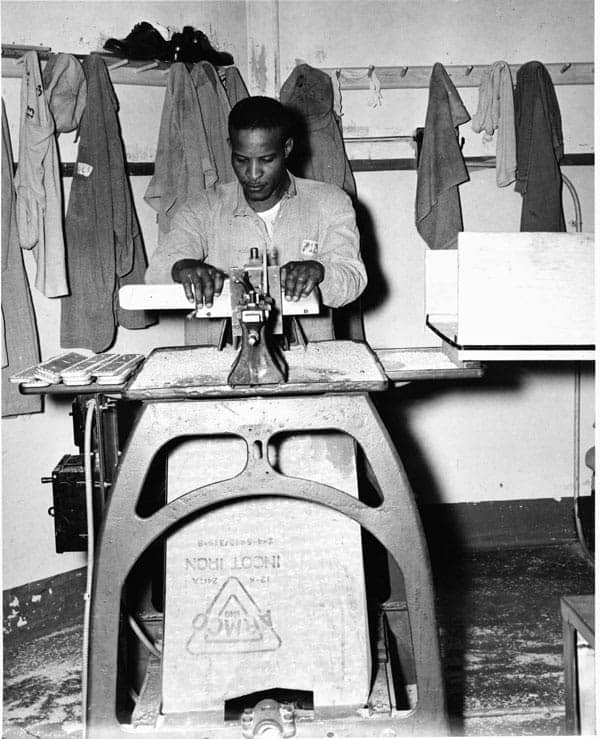
Sarah Allen: What do you hope readers take away from this book?
Kevin Epps: I hope readers will take away a literary, nonfictional, unpleasant experience that inspires a call to action.
Sarah Allen: Who should read this book?
Kevin Epps: Everybody. It’s a human story, a story of civil rights, social justice. We can all identify with some aspect.

Sarah Allen: Why are you releasing this book now?
Kevin Epps: I am inspired and motivated to introduce this important, untold story, its historical context and relevance.
Sarah Allen: How do you hope younger generations will view Alcatraz?
Kevin Epps: I hope this book is viewed by the younger generation in a clear and forthright way.
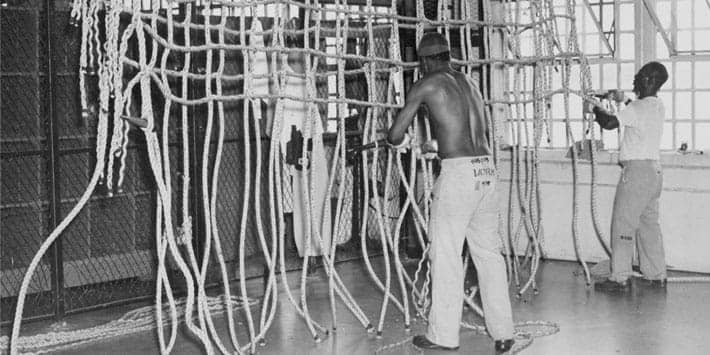
Sarah Allen: Do you hope your book will play a small part in shaping how all visitors view Alcatraz?
Kevin Epps: I hope that this book makes people think deeper and more thoughtfully about what Alcatraz symbolizes.

Sarah Allen: How can I get a copy of your book?
Kevin Epps: Go to www.blackalcatraz.com for the ebook, audiobook and print edition. The official release date is Feb. 25, 2020.
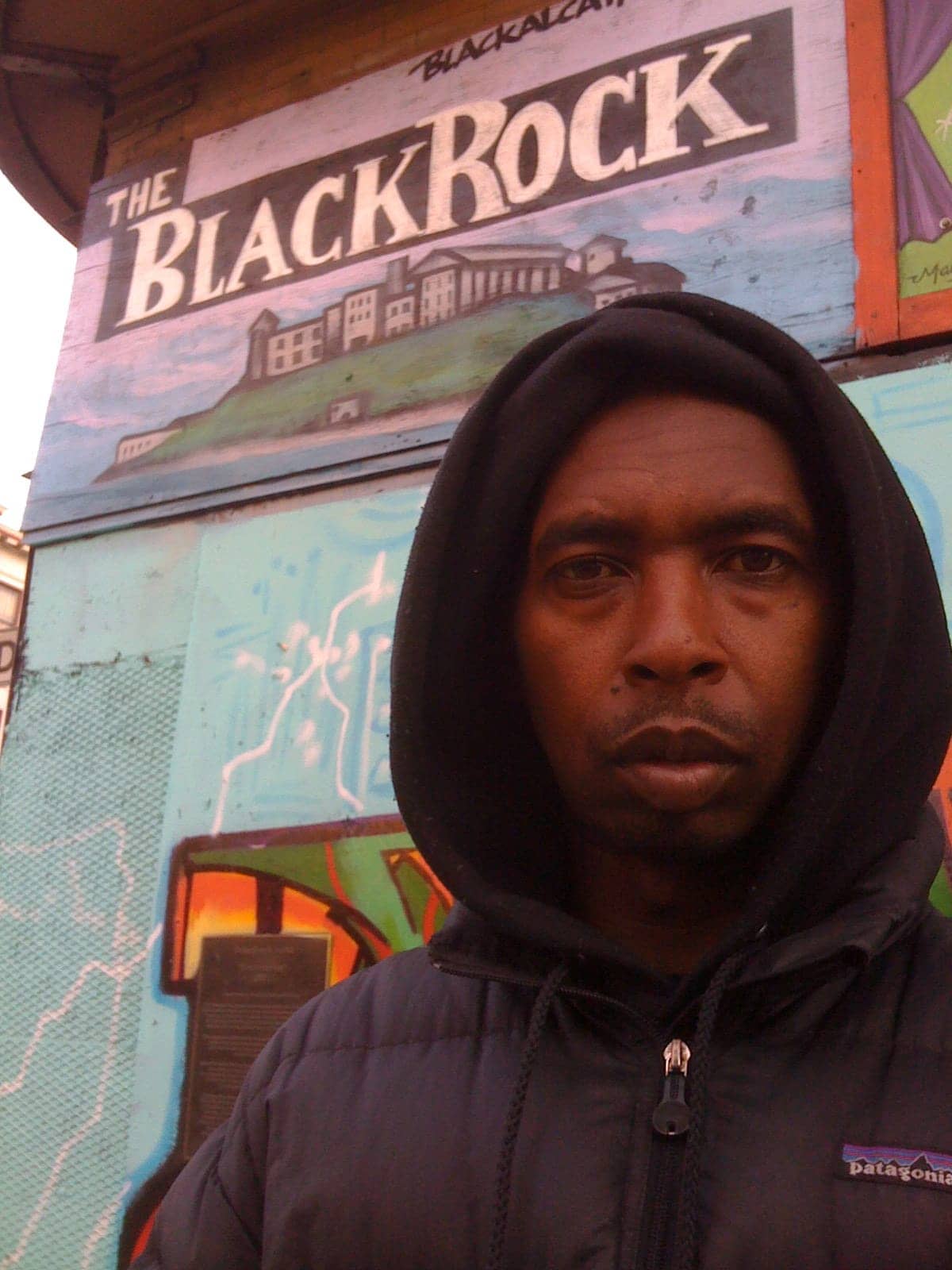
Sarah Allen is a writer and media strategist. She can be reached at sarah@sarahallenmedia.com.





